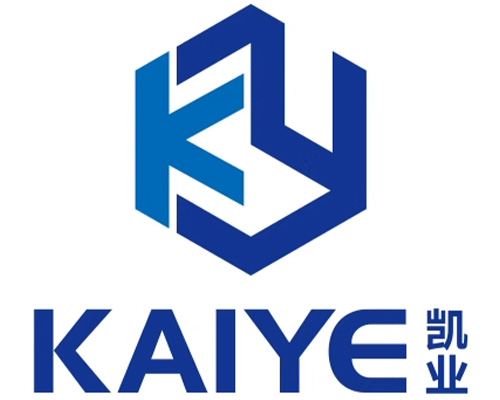In recent years, the hardware manufacturing industry has been undergoing a profound transformation. From traditional manual workshops to intelligent production lines, and from extensive processing to precision manufacturing, technological advancements are pushing the industry toward high-end development.
Smart Equipment Boosts Production Efficiency
Inside a factory specializing in door lock accessories, CNC machines operate at high speed, robotic arms precisely handle components, and automated inspection systems scan product dimensions one by one. The entire production line requires minimal human intervention. This smart manufacturing model not only enhances efficiency but also reduces human error, ensuring more consistent product quality.
“In the past, a skilled worker could process at most 500 door lock accessories per day. Now, with smart equipment, a single production line can produce up to 5,000 pieces daily while reducing the defect rate by over 30%,” said a company representative. Intelligent production has become the key to boosting competitiveness.
Precision Manufacturing Supports High-End Markets
Market competition in the hardware industry is not only about production efficiency but also about product quality. Take the valve industry as an example—international markets are imposing increasingly stringent standards such as API 6D and API 607 certifications, requiring manufacturers to optimize materials, machining precision, and durability.
“In the past, we used 13Cr material for critical valve components, but now many clients require Stellite hardfacing to enhance wear and heat resistance,” explained an engineer from a valve manufacturing company. To meet these higher standards, companies are upgrading their processes, adopting high-precision five-axis machining centers to minimize tolerances and improve product consistency.
Environmental Sustainability Gains Attention
Beyond intelligence and precision, green production has also become a major focus in the hardware industry. In recent years, government regulations on environmental protection have tightened, particularly in electroplating and polishing processes, where wastewater discharge standards are becoming increasingly strict. Many companies are adopting advanced eco-friendly technologies, such as plasma surface treatment to replace traditional chrome plating. This not only reduces pollution but also improves corrosion resistance.
Industry experts believe that future competition in the hardware sector will shift from price wars to a comprehensive contest of technology, quality, and sustainability. Smart manufacturing, precision processing, and green production are becoming crucial strategies for companies aiming for the high-end market.

